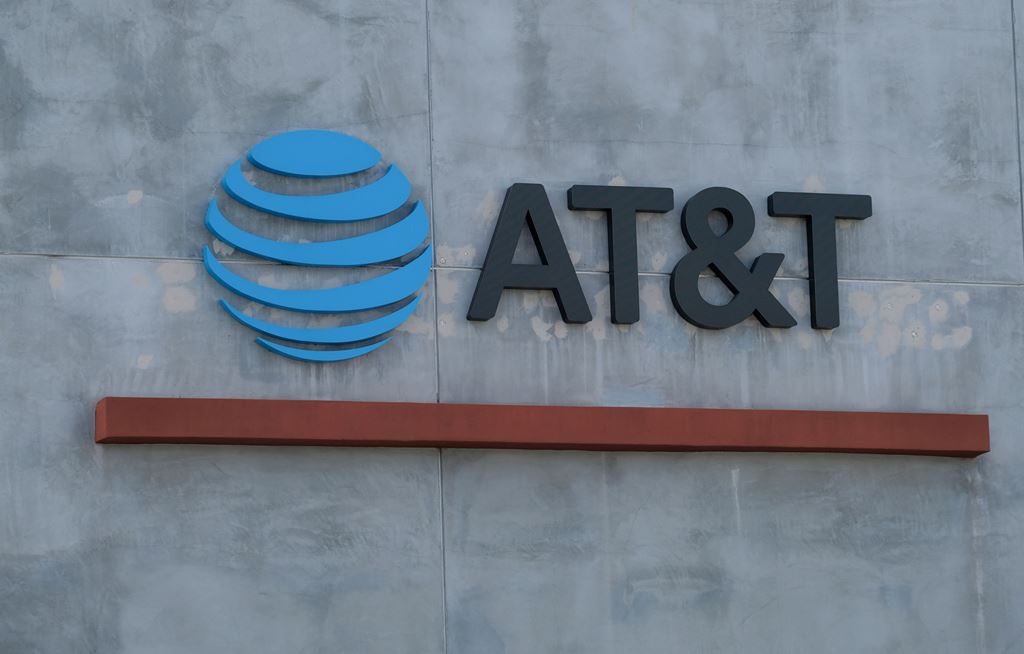Merger Mania Part I: WarnerMedia & Discovery



Over the weekend, word broke that AT&T, just three years after acquiring Time Warner—now called WarnerMedia—in a blockbuster merger, would dump their still-new entertainment sector and pair it with Discovery to make a separate operation as yet to be named. The news sent a shockwave through Hollywood, as it represents both a monumental failure of a monumental merger, but also is viewed by many as “saving” Warner Brothers from bad management at AT&T. There is a long history of non-entertainment companies coming to Hollywood and buying movie studios only to tuck tail and run at the first opportunity, and AT&T is just the latest to do so (Sony, meanwhile, continues to yearn for the day they can be free). They wanted Time Warner to shovel exclusive, premium content onto AT&T devices, but in order to get that content, they have to, you know, actually make movies and television shows, something they never figured out how to do. Now, AT&T is abandoning ship, and Warner Brothers, one of the last legacy studios in Hollywood, has gone from a marquee name to a sub-menu at Discovery in just three years. Great job, everyone.
The AT&T/Warner merger happened at the same time as the Disney/Fox merger, and while both have been bad for cinema, the Disney/Fox merger has at least worked for Disney’s corporate interests. AT&T struggled to leverage WarnerMedia, though, with a botched rollout of HBO Max and a wildly unpopular decision—among their creative partners, at least—to dump their 2021 slate on streaming. While that decision will continue to stand—even prized title Dune is still, at this moment, scheduled to drop day-and-date on HBO Max—Jason Kilar, the WarnerMedia CEO is said to be negotiating his exit just days after the New York Times ran a splashy profile on how he’s disrupting Hollywood. Kilar’s departure should go a long way to smoothing ruffled feathers among the creative class. There will undoubtedly be another wave of executive turnover at Warners with the new regime change, and it is expected that Discovery chief David Zaslav, who has a long career in television, will take over the new venture. He is viewed as more of a traditional media boss than Kilar, and when his people come into Warners, they can just blame all the hurt feelings and unpopular decisions on the last regime and essentially start back at square one with talent.
This latest rash of merger mania is happening for two reasons. One, the IP/content arms race is not over, and companies are still snatching up everything they can to try and compete with Netflix and Disney, the current streaming leaders. Discovery + WarnerMedia makes a lot of sense, as Discovery is predominately in the unscripted business, a weak division for Warners, while Warners gives Discovery the power to make traditional shows and movies, which should bolster both companies’ streaming platforms (at least until they are inevitably consolidated into one). And two, Hollywood is out of money. For a minute in the early 2010s, China looked like the answer to the money problem, a veritable golden goose of never-ending cash, but accounting mysteries and a Chinese crackdown on foreign investment led to the collapse of most of the touted deals. Saudia Arabia looked like the next savior of Hollywood, but, well, that hasn’t gone well at all. And so, with no cash-rich foreign investor to ride to the rescue, at present, Hollywood is saving itself by cannibalizing itself. This is just the latest wave of consolidation, there will be others, including the inevitable round of theater acquisitions that will begin next year.
The direst outcome of all this consolidation is more legacy studios gobbled up for “content”, and the Buy N Large future in which there are but a handful of companies making and selling all of the things. I guess we should just be glad that Warner Brothers, HBO, and other WarnerMedia divisions continue to function reasonably well—Disney is letting Fox and its subsidiaries die on the vine. But if the best we can hope for is that movie studios and television networks merely survive consolidation—not thrive, just survive—I don’t know what the future of cinema looks like. Everyone is so worried about movie theaters, but I will say again, we should be worried about MOVIES. The industry is shrinking, with fewer companies producing fewer movies, and a middle class of craft and creative talent being squeezed out every day, and we’re facing a generation gap in which cinema/television ranks a mere FIFTH in entertainment choice.
There is an existential threat facing this industry, and the constant consolidation is only a symptom of it. In the short term, there are plenty of things to get excited about, like Loki and The Green Knight. It’s not like movies and TV shows are going to disappear tomorrow. But in the long term? I am very worried about what happens when—not if, WHEN—one of these uber-studios collapses. Early casualties of this turbulence are physical media, which is becoming more a collector’s niche than an industry standard, and film preservation, which is largely the domain of a few rich nerds and Martin Scorsese. It’s not just jobs lost if one of these companies goes really and truly kaput, it’s a loss of culture, too. With the way the industry is contracting, not all of these studios will survive. What happens if DiscoveryWarner, or whatever it will be called, collapses with no entity rich enough to rescue it?

